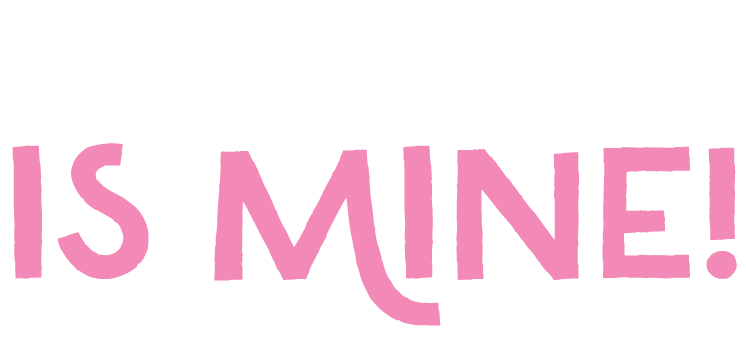“I was 23, still studying, still living with my mother, no job, no plans for the future. I got pregnant by my boyfriend at the time. When I found out, I was starting my second trimester, so the procedure would be more complicated, but one thing was certain: I didn’t want a child, I couldn’t have a child, I wasn’t ready to have one. The conditions were not there to welcome a human being into the world and give him or her all the love and resources necessary for proper development. It was this thought that helped me to make the decision and to mourn. My boyfriend at the time supported me in my decision and was there for me 100% during the process. I had no regrets, I still don’t. I even used this experience as inspiration for a performance art project that I presented in class. One piece of advice I can give is not to hold back on truly working your way through the emotions that run through you during this time. Let the bad stuff out. Don’t stay in your bubble, share your pain, show it, talk about it, make art or turn it into something productive, but most of all, listen to yourself, only you know what is really good for you.” – Alix, 28

